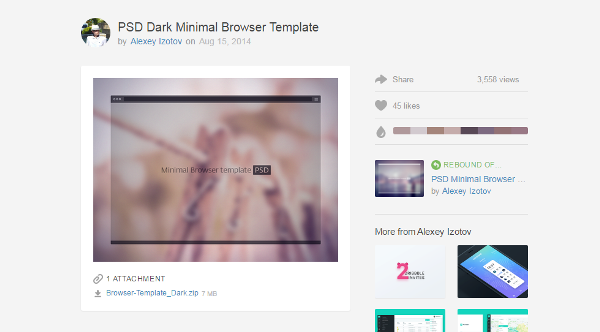

Open 20 tabs at once and Edge will take up only 1.2GBs RAM space, which shows great optimization of space consumption.Įven though Edge uses the same Chromium engine as Chrome, it is much more efficient in using memory and as such is the ideal browser in terms of RAM use. Although not exactly the most popular browser (with only 3.39% of the browser market share), Microsoft Edge has proven to be much better than its reputation would have you believe.īased on our test results, Edge occupies only 790MBs memory with 10 tabs open, much lower than all the other browsers on our list. Gone are the days of Internet Explorer with bugs and exploitations galore now, with a Chromium engine, things are looking up for Edge. The dark horse topping our list of browsers using the least RAM space is none other than Microsoft Edge. Opera occupied 1.5GBs of memory when we tested it with 20 open tabs and that makes it only slightly better than Firefox. We did expect Opera to perform much better, however, since it’s supposed to be a lightweight browser that trades user-friendliness and features for efficiency. With 10 tabs left running, Opera used 899 MBs of RAM, which is somewhat better than the browsers above. Its webpage-loading speeds are within acceptable limits, especially if your computer isn’t exactly on the cutting edge. Opera is a great browser for older or low-spec PCs since it doesn’t put much strain on the system. Remember Opera? It used to be a top contender back in the day and in many ways, it still is. Brave continued to improve its memory management and in 2022, it uses a lot less memory than Chrome.īrave ties with Firefox in terms of RAM usage, so if you’re stuck between these two choices, you have to find some other way to decide. Brave is definitely worth a try for these and so many other reasons, but how resource-efficient is it really?īrave consumed a lot of RAM, almost as much as Chrome when it was in the earlier release versions. This browser even has a feature where it pays you tokens for watching ads. It’s actually one of the best ways to stay in control of your data without putting in the time to become a hacker-level Linux genius! Meet the (somewhat) new browser on the blog: the privacy-minded Brave. It is hardly the least RAM-hungry browser, though and you have to weigh the options on this one. The answer: if you run 40 tabs on Firefox, it’ll devour 3GBs of your memory, which will hurt the efficiency of just about any computer.Īmong popular browsers, Firefox has the perk of being the most suitable for privacy, given its tough tracker and cookie policy. Few users leave 40 tabs open at once, but we tested to see just how much RAM that would take. At 20 tabs, the number went up to 1.6GB: certainly, a lot even if it is 300MBs lighter. When tested with 10 tabs open, Firefox occupied about 960MBs of memory, which is only slightly less than Chrome. And no, despite the browser’s reputation for efficiency, it can take up almost just as much RAM as Chrome. 4- Mozilla FirefoxĬoming in at number 3 is Mozilla’s popular and privacy-minded browser, Firefox.
MINIMAL DESKTOP WEB BROWSER INSTALL
For example, when you need to install Google Chrome on ten computers at work, you can silent install it through your company network without the need to interrupt what your coworkers are doing.

Basically, you can silent install Google Chrome if you don’t have the time to go through the installation process. Another cool thing about Google Chrome is that you can silent install it. Also, it looks cool, with a great visual design almost making up for what goes on behind the scene. Despite all its disadvantages, Chrome comes with more features and it has a lot more extensions than other browsers. It’s even likely to interrupt whatever you might be doing at the moment by causing your OS to crash. Chrome is also big on CPU usage so that makes it even more likely to impede your workflow. Its memory use rises to unbelievable amounts as the number of tabs increases, with Chrome using about 1.9GBs of your computer’s memory for 20 tabs. Chrome is famous for crazy RAM guzzling and if you have a habit of leaving too many tabs open it can seriously damage your PC’s efficiency.Īccording to our tests, having 10 tabs open will cost your RAM just a bit shy of 1000MBs.

5- Google Chromeįourth up to bat is Google Chrome, the world’s most widely used browser but that’s not because of its popularity. Now we are going to talk about the browsers that use the least ram space in order of the most to the least. That is why we have put together a list of the usual suspects so you know the most RAM-efficient browsers in 2022.

Knowing which browsers use the least memory is vital if you want to improve your workflow or simply not to have to worry about your games lagging because your browser is too greedy for RAM space. 5.7 What is a really fast browser in 2022?


 0 kommentar(er)
0 kommentar(er)
